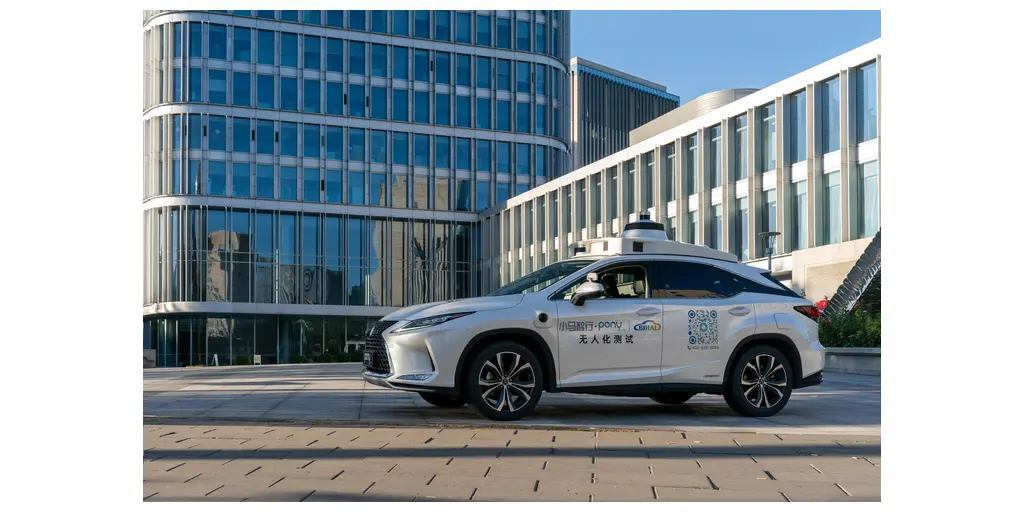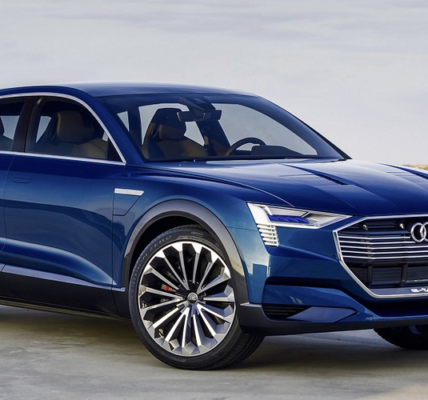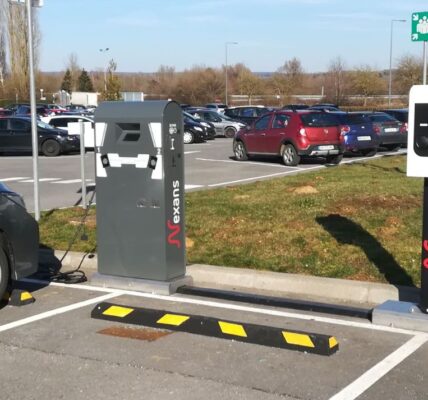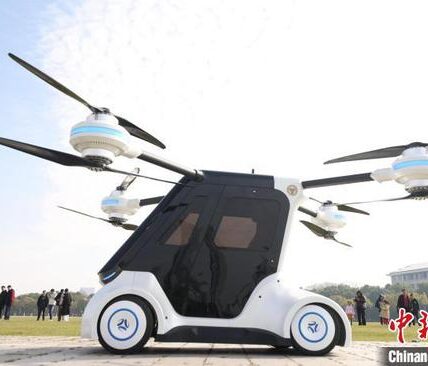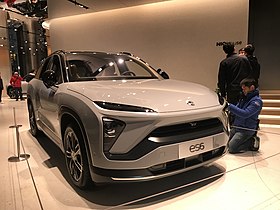A few companies are starting to offer geographically limited robotaxi service in China, most notably Baidu and AutoX. You can now add Pony.ai to the mix, sort of. Its robotaxis just got approved for testing from the Beijing Intelligent Connected Vehicle Policy Pilot Zone.
To begin, Pony.ai will test 10 robotaxis — completely driverless — “in challenging urban traffic scenarios across a 20 square kilometer (7.7 square mile) area in the pilot zone in Yizhuang, Beijing.” While robotaxi testing often involves safety drivers sitting in the vehicle to take over if needed, that won’t be the case here. There will only be safety officers monitoring remotely when the cars are in service.
If all goes well in this testing phase, Pony.ai will eventually get permission to deploy robotaxis for commercial service in Beijing, and perhaps more broadly.
Beijing isn’t the home of Pony.ai’s first rodeo, though. The 6-year-old self-driving startup has also been testing in Guangzhou, China.
Pony.ai has partnerships with Toyota, SAIC, SANY, FAW Group, and GAC Group. It is looking for first-mover advantage (or something like that) so that it can capitalize on “commercially competitive self-driving technology” in the coming years. Here’s a bit more about the robotaxi trends and rules in Beijing: “Over the past year, the Beijing Intelligent Connected Vehicle Policy Pilot Zone has announced a number of industry-leading autonomous driving policies in succession. In October 2021, the pilot zone opened up autonomous driving unmanned road tests for the first time and divided ‘autonomous’ testing into three stages: 1) ‘nobody behind the steering wheel but with a safety operator in the passenger seat’, 2) ‘nobody in the front row, but with a safety operator in the back row’, and 3) ‘fully driverless’. The issuance of this permit represents that autonomous testing in Beijing has entered the third stage of ‘fully driverless’. To enter this third stage, AV test vehicles need to have met strict technical and operational requirements such as test mileage and disengagement rate; Pony.ai’s ten test vehicles successfully passed the tests without any safety issues.” We’ll see how well Pony.ai’s self-driving vehicles do this in 2023.


